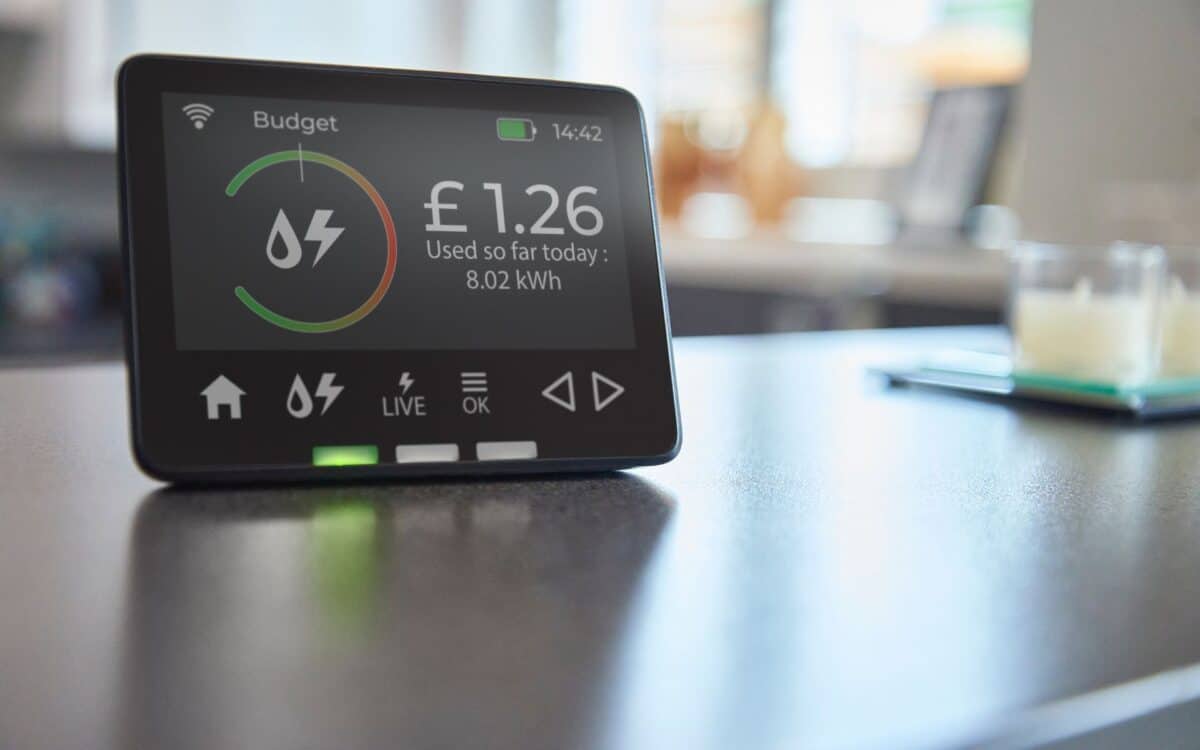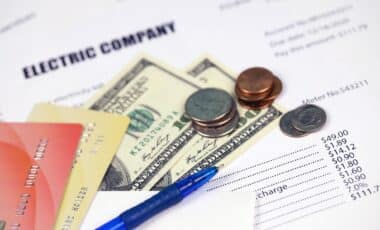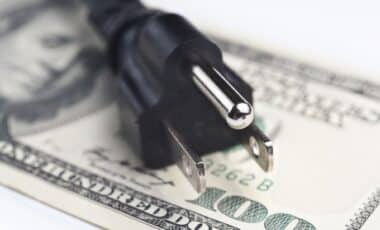The UK energy regulator, Ofgem, has unveiled plans requiring energy suppliers to offer tariffs without standing charges alongside existing ones by next winter.
This move aims to give households greater choice in managing energy costs, particularly as standing charges have risen sharply, disproportionately affecting low-energy users.
Understanding Standing Charges: A Growing Concern for Energy Consumers
Standing charges are fixed daily costs that cover the infrastructure and maintenance of energy supply, regardless of how much energy a household uses. For dual-fuel customers, these charges have increased by 43% since 2019, now averaging £338 annually under Ofgem’s price cap.
Additionally, from January 1, they will slightly decrease to 60.97p/day for electricity and 31.65p/day for gas, but these costs remain a contentious issue.
Balancing Choice and Fairness in Energy Pricing
Ofgem’s proposal will require suppliers to provide zero standing charge tariffs as an alternative to standard tariffs. Such tariffs would have no fixed daily cost but would likely come with higher unit rates for energy consumption.
Although, this could benefit low-energy users but might disadvantage those with higher energy needs, such as those relying on medical equipment at home.
Tim Jarvis, Ofgem’s director general of markets, explained:
“Many people feel strongly that standing charges are unfair… By having a zero standing charge tariff, we would create that choice for everyone.”
Industry Reactions to Ofgem’s Zero Standing Charge Proposal
Energy companies like Octopus Energy welcomed the intent but called for more clarity. Rachel Fletcher, Octopus Energy’s Director of Economics and Regulation, emphasized the importance of minimizing overall network and balancing charges rather than just shifting costs:
“We need more detail to ensure it genuinely helps those worst off.”
However, advocacy groups like National Energy Action criticized Ofgem for not taking bolder action, especially regarding prepayment meter users, who are disproportionately impacted by high standing charges. Peter Smith, the charity’s director of policy and advocacy, labeled the lack of significant reform “extremely disappointing.”
Ofgem’s Proposed Solutions Amid the Energy Crisis
The energy crisis has exacerbated household debt, which reached £3.82 billion in September 2023, a 91% increase in two years. Ofgem has proposed a “debt guarantee” to improve supplier support for households in debt, including requiring suppliers to accept repayment plans from third parties.
Martin Lewis, founder of MoneySavingExpert.com, criticized standing charges as a “£338-a-year poll tax” on energy bills, disproportionately affecting low users. He urged Ofgem to default vulnerable households onto no-standing-charge tariffs.
Navigating the Impact on Larger Households and Vulnerable Consumers
While zero-standing-charge tariffs could benefit some, higher unit rates may burden larger households or those with essential energy needs. Ofgem’s challenge will be to strike a balance, ensuring that changes don’t inadvertently harm low-income households with high energy requirements.
Upcoming Changes in Energy Pricing
The new rules are set to take effect by winter 2024, giving households time to explore and compare their options. Meanwhile, calls for government intervention to address high standing charges and protect vulnerable groups are intensifying.










Energy companies will be resistant to this because these charges are their gravy train.